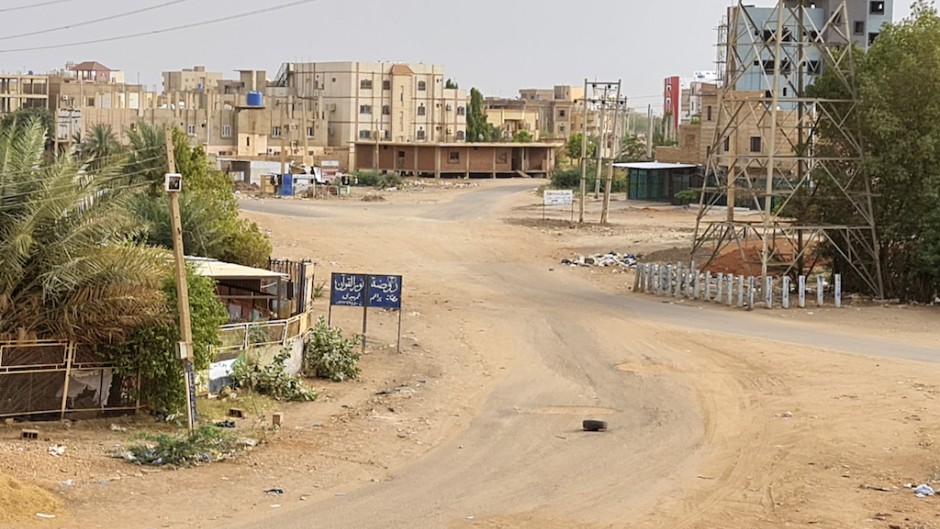
KHARTOUM - A 24-hour ceasefire took effect on Saturday between Sudan's warring generals but, with fears running high it will collapse like its predecessors, US and Saudi mediators warned they may break off mediation efforts.
Three hours into the truce, residents in various areas of Khartoum said the shelling and air strikes that have rocked the capital daily since mid-April had halted, at least temporarily.
Civilians trapped in the battlegrounds in greater Khartoum and the flashpoint western region of Darfur are desperate for relief from the bloodshed but deeply sceptical about the sincerity of the generals.
An AFP photographer saw Khartoum residents taking advantage of the lull in fighting to stock up on fruit and other basic goods that have been in short supply.
Multiple truces have been agreed and broken since fighting started, and Washington had slapped sanctions on both rival generals after the last attempt collapsed at the end of May.
The nationwide truce announced by US and Saudi mediators on Friday took effect at 6:00 am (0400 GMT).
READ: US slaps sanctions against Sudan after ceasefire violations
"Should the parties fail to observe the 24-hour ceasefire, facilitators will be compelled to consider adjourning" talks in the Saudi city of Jeddah which have been suspended since late last month, the mediators said.
Civilians voiced disappointment that the promised ceasefire was so limited in scope.
Sudan specialist Aly Verjee said he saw little reason why this truce should be honoured any more than its predecessors.
"Unfortunately, the incentives have not changed for either party, so it's hard to see that a truce with the same underlying assumptions, especially one of such short duration, will see a substantially different result, said Verjee, a researcher at Sweden's University of Gothenburg.
Upwards of 1,800 people have been killed in the fighting, according to the Armed Conflict Location and Event Data Project.
Nearly two million people have been displaced, including 476,000 who have sought refuge in neighbouring countries, the United Nations says.

